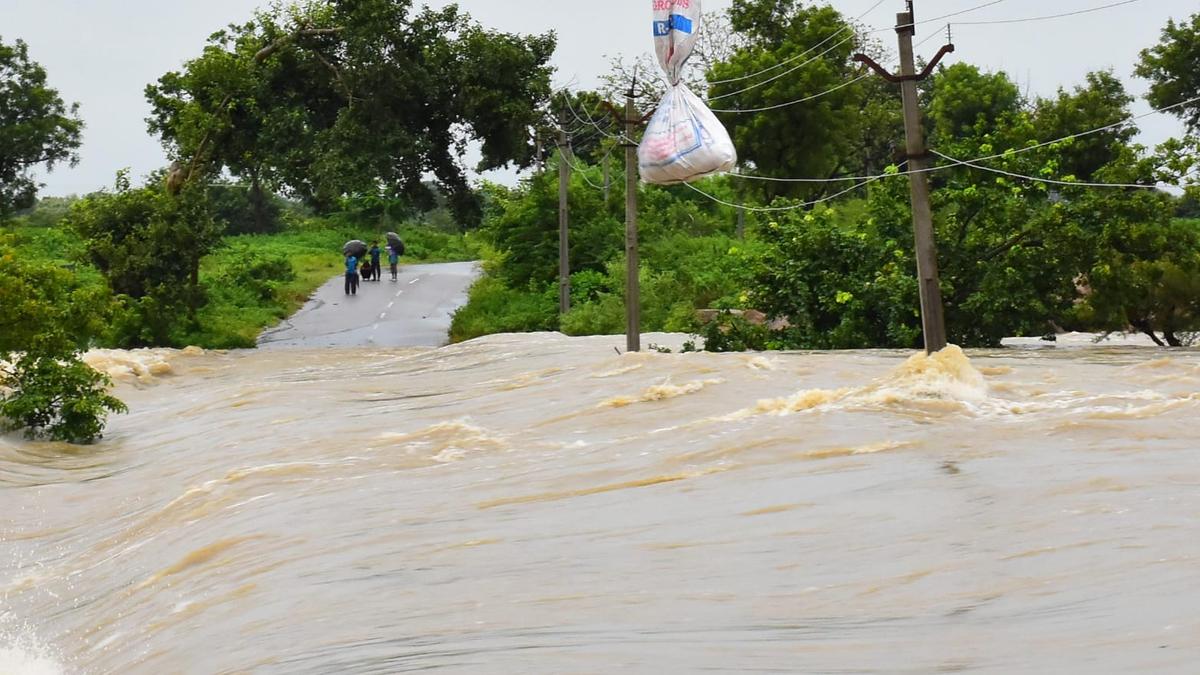ARTICLE AD BOX
Designated dog feeding spots, centres for their sterilisation, vaccination and deworming and detailed logging of their capture, vaccination, treatment and release – these are part of the Rajasthan government’s instructions to civic bodies in an effort to control the state’s stray canine population.
The order comes after the Supreme Court’s ruling for the control of stray canine population in the national capital region earlier this month.
In its directives, the Rajasthan government requires municipal corporations, councils and municipalities to ensure compliance with the Animal Birth Control (ABC) Rules, 2023 – the central guidelines to manage stray dog populations across the country.
According to the new order, feeding points will be designated in every ward, area and street based on the advice of local feeders familiar with the dogs’ territories. These spots have to be clearly marked with a board and maintained by the municipal body.
Civic bodies must also set up, renovate and operate centres equipped with facilities for sterilisation, vaccination and deworming. Captured dogs will be treated, tagged and released in the same locality.
The order also bans the use of tongs, wires or nooses to capture dogs, instead mandating humane handling by trained personnel who should either use nets or capture them by hand. Each dog-catching team will include a van driver, two or more trained municipal employees, and a representative of an animal welfare organisation. Team members must carry identity cards, and local residents should be informed in advance.
Sick or injured dogs can be sterilised only after treatment and recovery. Dogs under six months of age cannot be captured or sterilised, and lactating females with un-weaned puppies cannot be operated upon. Once sterilised, vaccinated and dewormed, dogs will be released back to their original locations, with local feeders informed and included in the process.
Story continues below this ad
All municipal bodies must maintain detailed records, including registers of animal capture, feeding, medical treatment, vaccination, mortality, surgical equipment, van movement logs, staff attendance and 30 days of CCTV footage, the order states, adding that 10 separate record categories have been specified under the ABC Rules to ensure accountability.
Under the Animal Welfare Board of India’s guidelines, only recognised organisations can bid for tenders, with the government providing Rs 200 for capture and transportation and Rs 1,450 for sterilisation, food and post-operative care per dog.
The new order also tasks municipal bodies to set up monitoring committees comprising at least one animal rights activist or welfare representative to regular review meetings to assess sterilisation, vaccination and release programmes.
Special provisions have been made for control of rabies. Dogs suspected of rabies or repeated biting must be humanely captured and isolated in kennels under veterinary supervision until natural death. Verification of facts in reported dog-bite cases is mandatory. A dog is not found to be aggressive or isn’t suspected of rabies during a veterinary assessment released back to its original place.
Story continues below this ad
“Rajasthan has become the first state in the country to issue such detailed compliance orders after the Supreme Court directive,” Rajasthan Local Self Government Department Secretary Ravi Jain said. “All municipal bodies have been directed to study the Animal Birth Control Rules 2023 in full, ensure strict implementation and submit compliance reports to the Directorate within 30 days. In case of any violation, action will be taken against the concerned authorities as per Rule 18 of the ABC Rules.”
On 22 August, the Supreme Court ordered that all captured stray dogs in Delhi and the National Capital Region should be returned to the area from where they were picked up after sterilisation, deworming and vaccination as mandated by the Animal Birth Control Rules, 2023. This was a modification of its previous order, which required authorities to capture strays within six to eight weeks and confine them at animal shelters.



.png)
.png)
.png)























 English (US) ·
English (US) ·